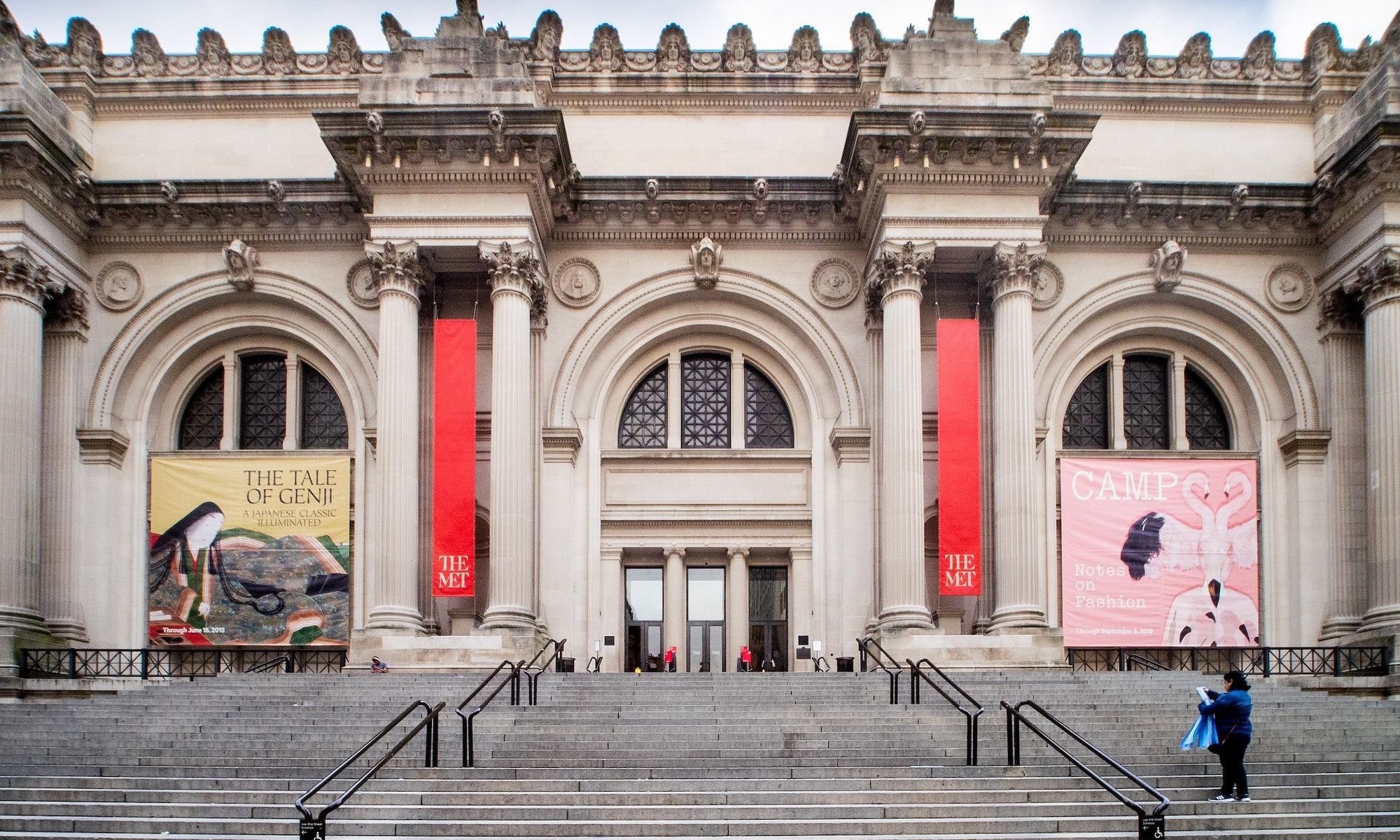The Metropolitan Museum of Art in New York is returning 15 sculptures it acquired from convicted antiquities trafficker Subhash Kapoor to India Photo by ajay_suresh, via Wikimedia Commons
The Metropolitan Museum of Art in New York will turn 15 sculptures spanning the first century BCE to the 11th century CE to the Indian government, the museum announced today (30 March). All of the objects in question were once sold by Subhash Kapoor, the convicted trafficker of looted antiquities who formerly ran the Manhattan-based gallery Art of the Past. Last November, a court in India sentenced Kapoor to ten years in prison for role in stealing and illegally exporting artefacts from the country.
The museum first contacted the Department of Homeland Security in 2015 regarding objects it had acquired from Kapoor. Today’s repatriation announcement follows new information provided to the Met by the Manhattan District Attorney’s office, which issued an arrest warrant for Kapoor in 2012 and filed paperwork to have him extradited to face charges in the US in 2020. In October 2021, the Manhattan District Attorney's office returned 235 antiquities seized during its investigation into Kapoor's trafficking to India.
The Met has come under increasingly intense scrutiny in recent years as questions have emerged about hundreds of antiquities it has acquired from Egypt, Turkey, India, Cambodia and elsewhere. Just last week, two objects dating from the third century CE that had been on display at the Met—a bronze statue that was stolen from the archaeological site of Bubon and a sculpture bust that was looted from the Perge archaeological site—were returned to the Turkish government. A report earlier this month found that more than 1,000 objects in its collection have direct ties to individuals who have either been suspected or convicted of dealing in looted antiquities.
“The museum is committed to the responsible acquisition of archaeological art and applies rigorous provenance standards both to new acquisitions and to works long in its collection,” a spokesperson for the Met said in a statement. “The museum is actively reviewing the history of antiquities from suspect dealers. The museum values highly its long-standing relationships with the government of India and is pleased to resolve this matter.”
As of this writing, online catalogue listings for 72 works in the Met’s collection list Kapoor in their provenance. In 2009, the museum held an exhibition devoted to drawings Kapoor had donated to the museum.
Numerous other institutions, including the National Gallery of Australia, have returned works they acquired from Kapoor.

